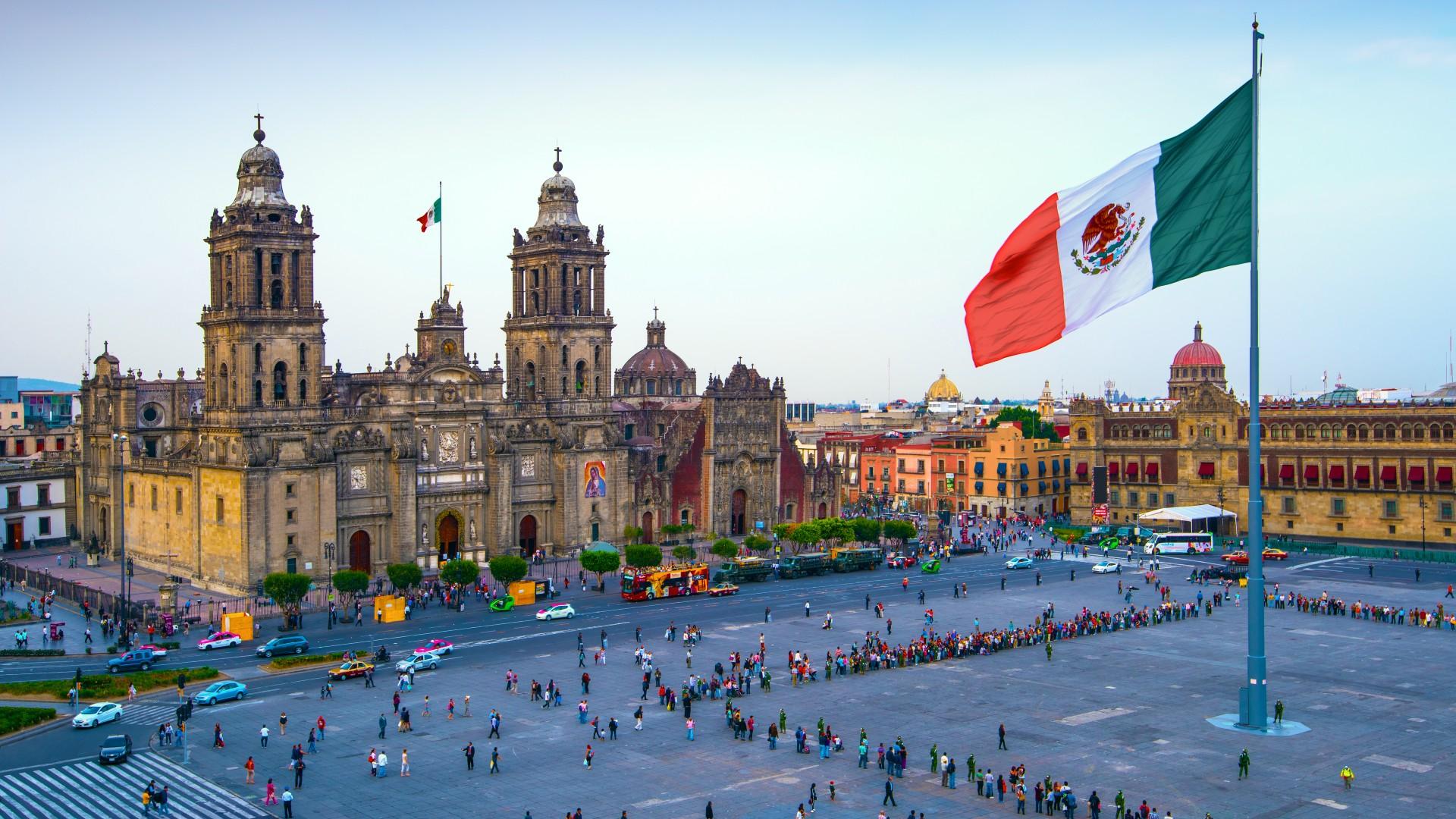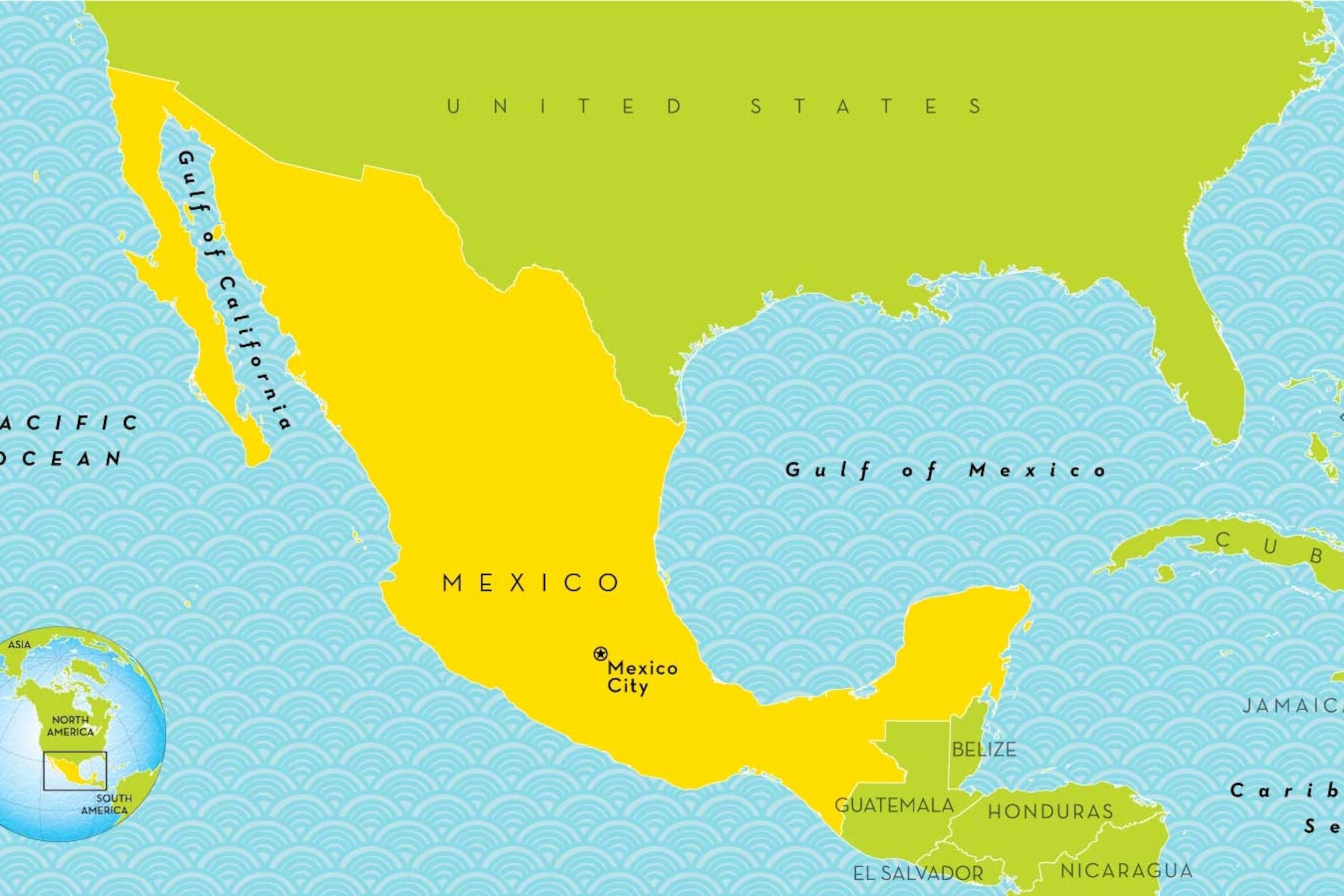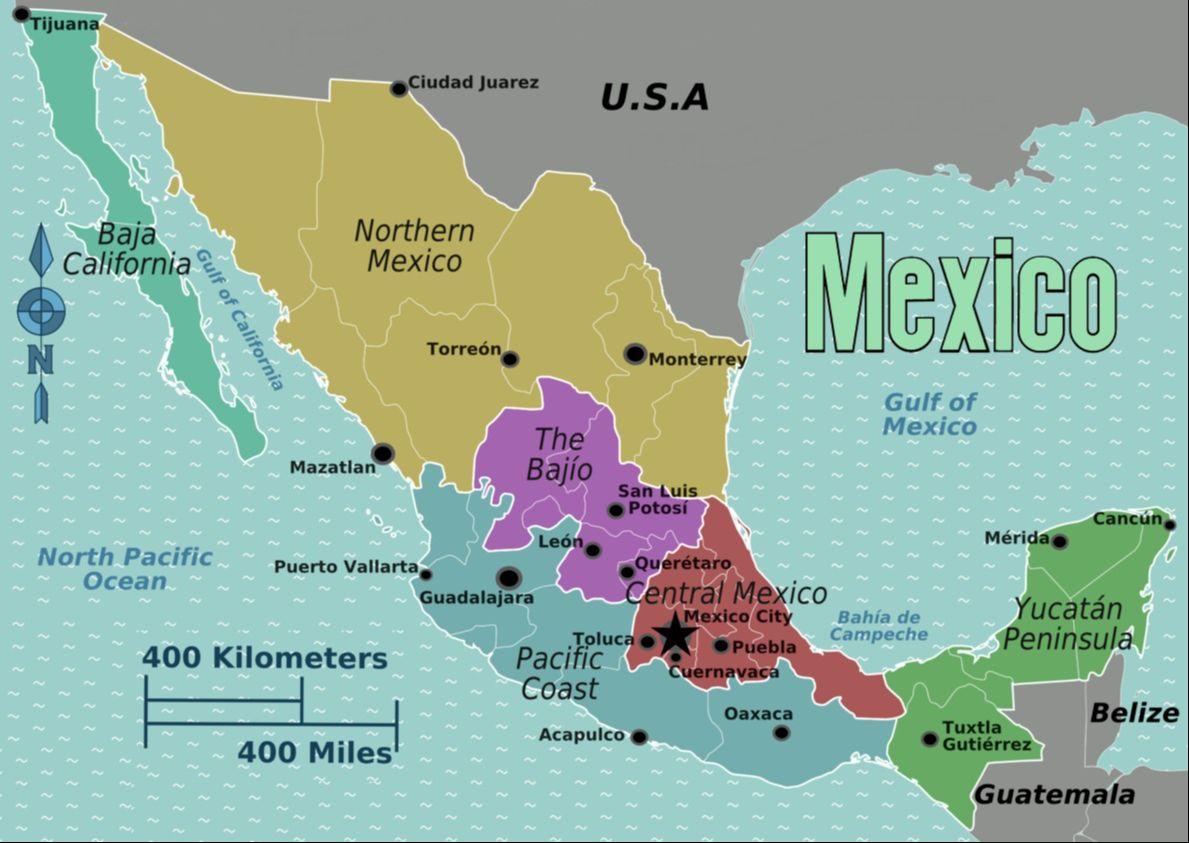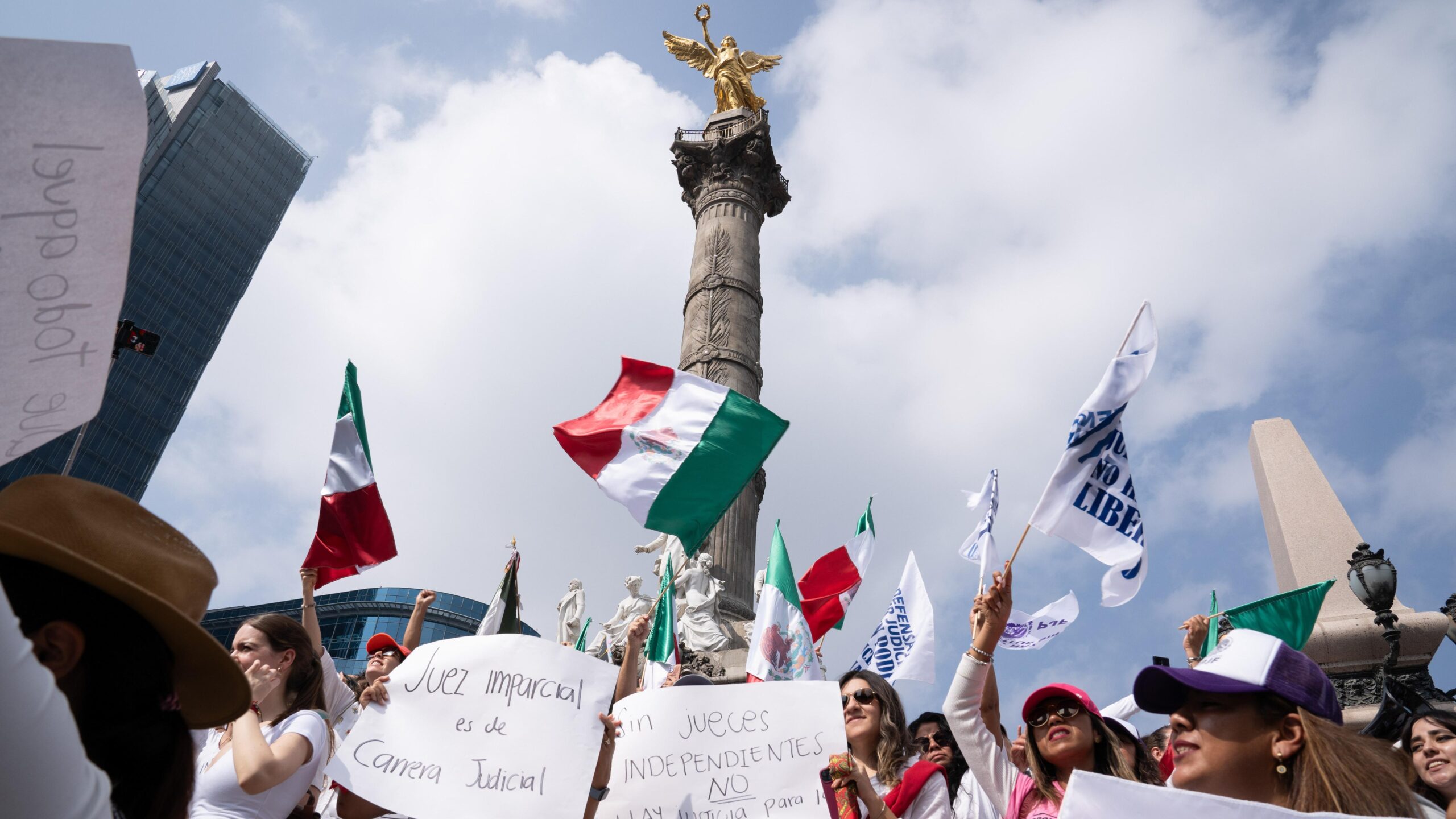The air crackles with anticipation in the hallowed halls of Mexico’s Supreme Court. As the judges take their seats, not even the meticulously polished mahogany can seem to contain the simmering tension. The subject at hand: a sweeping judicial reform bill, poised to reshape the very foundations of the Mexican justice system. Is it a bold step towards a fairer, more accountable legal landscape, or a dangerous encroachment on the separation of powers? With the fate of this reform hanging in the balance, the court is about to enter a debate that could reverberate far beyond the courtroom walls, shaping the future of Mexico’s legal system for years to come.
Table of Contents
- Judicial Reform on Trial: A Clash Between Power and Principle
- The Constitutions Guardian: Balancing Reform with Due Process
- A Pivotal Decision for Mexicos Justice System
- The Future of Legal Independence: Implications of the Courts Ruling
- Key Takeaways

Judicial Reform on Trial: A Clash Between Power and Principle
Mexico’s highest court, the Supreme Court of Justice of the Nation, has begun deliberating on the constitutionality of President Andrés Manuel López Obrador’s judicial reform. This move marks a pivotal moment, pitting the executive branch’s desire for control against the judiciary’s role as a guardian of the rule of law. The reform aims to overhaul the judiciary, including appointing new judges and altering the structure of the court system. While proponents argue it will enhance efficiency and combat corruption, opponents fear it will erode judicial independence and undermine the checks and balances essential to a democratic system. The court’s decision will have far-reaching consequences, shaping the future of Mexico’s legal landscape and the balance of power between the branches of government.
The Constitutions Guardian: Balancing Reform with Due Process
Mexico’s Supreme Court has embarked on a critical debate regarding the constitutionality of President Andrés Manuel López Obrador’s judicial reform. This reform seeks to reshape the country’s justice system, introducing significant changes, including a new oversight body for judges. The court’s scrutiny focuses on the delicate balance between the need for judicial reform and the preservation of due process. The debate revolves around key issues such as:
- Judicial Independence: The reform proposes the creation of a council to evaluate judges, raising concerns about potential political influence on the judiciary.
- Due Process: The new oversight system could impact the independence and impartiality of judges, potentially hindering their ability to uphold due process guarantees.
- Constitutional Rights: The court is examining whether the reform respects fundamental constitutional rights, such as the right to a fair trial.
The court’s decision will have far-reaching consequences for Mexico’s legal landscape, shaping the future of its judicial system. The outcome will determine whether the reform strikes a balance between the need for change and the protection of due process rights. The debate is a critical juncture for Mexico’s commitment to a fair and independent judiciary.

A Pivotal Decision for Mexicos Justice System
The Supreme Court of Mexico has begun deliberations on the constitutionality of the controversial judicial reform bill passed in April. This pivotal decision will reshape the landscape of Mexico’s justice system, potentially leading to significant changes in how judges are appointed, disciplined, and removed. The reform, championed by President Andrés Manuel López Obrador, aims to enhance accountability within the judiciary by introducing new oversight mechanisms and empowering the executive branch in the selection process. However, critics argue that the proposed changes could undermine judicial independence and pave the way for political interference.

The Future of Legal Independence: Implications of the Courts Ruling
The recent ruling by Mexico’s top court, the Supreme Court of Justice, has sparked a lively debate on the future of judicial independence within the country. This debate comes on the heels of the court’s decision to start reviewing the constitutionality of President Andrés Manuel López Obrador’s judicial reform, a move with significant implications for the power structure of the Mexican justice system. While the government maintains that the reform is key to strengthening accountability within the judiciary, critics argue that it undermines the independence of judges and could pave the way for political interference in judicial decisions. The court’s final decision on the matter is keenly awaited, as it will have profound consequences for the future of the judiciary and the broader Mexican legal landscape.
Key Takeaways
As the debate over Mexico’s judicial reform rages on, one thing remains clear: this is no mere legal skirmish, but a battle for the very soul of justice in the country. A battle fought not just in courtrooms, but in the hearts and minds of the people who yearn for a fairer, more just system. The echoes of this debate will reverberate long after the final gavel falls, leaving a legacy that will shape Mexico’s legal landscape for generations to come. And so, the stage is set for a showdown that will determine the fate of justice, a testament to the enduring power of the law, and the eternal quest for a better future.

Leave a Reply